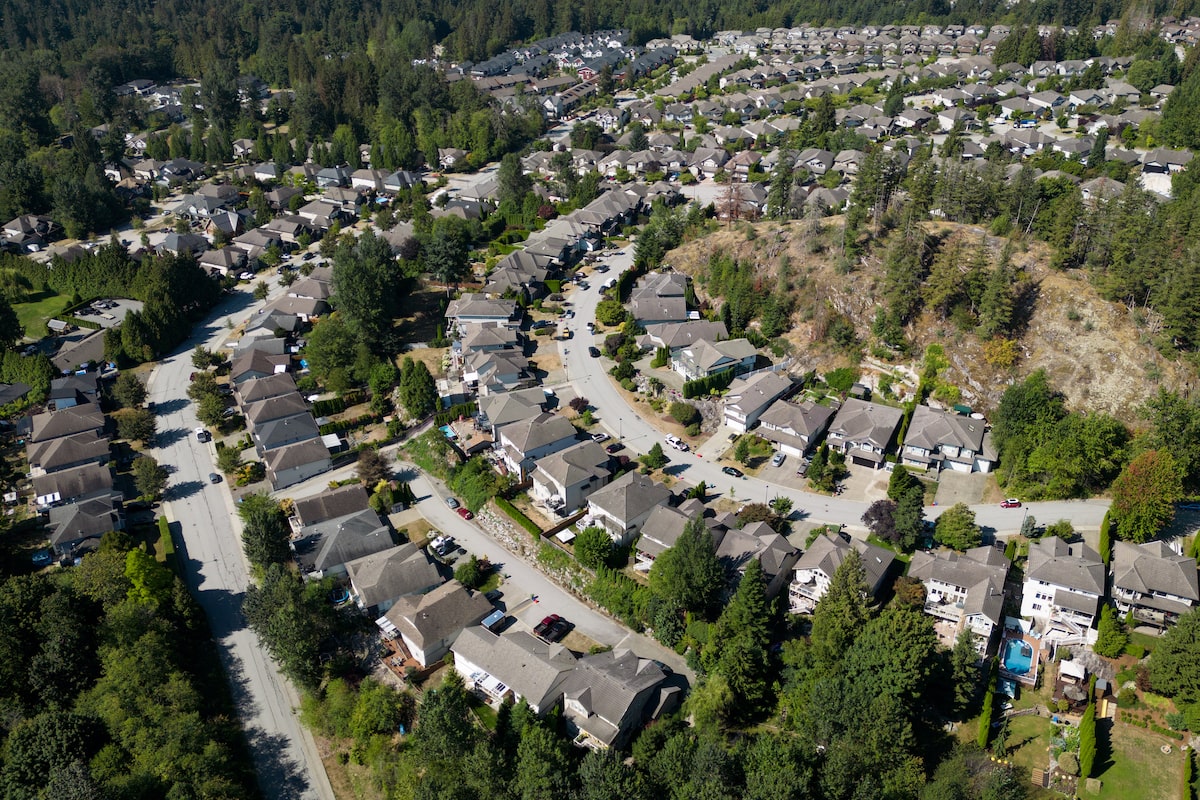I’m ok with that. If I sell my house, I’ll need to buy another one, which will be cheaper too. The only people who lose out are investors that treat a necessity of life as a get rich quick scheme.
Mostly right. But it could also affect retirees that placed retirement savings in their own home (i.e. via reverse mortgage).
Housing is not an investment for most people; selling your place is a lateral move at best if you do it right. Unless you have multiple properties you are unaffected by market flux
I don’t care, personally. When a home rises in value, so do all the others. Sure, you get free equity but what good does that do if the median home price goes up too?
Same thing if a home’s value goes down. So do all of the other homes.
I want all of the other prices to go back down to pre-2020 levels. My wage did not increase by as much.
I’m the kind of person that likes stability and not changing things once I am comfortable; if I owned a home, I would not care about its value since I would be planning on staying until I died.
This is what I thought but now I am starting to run out of room in my house. I either need to move or add on to this house somehow. I would like to stay though
As a homeowner I’m ok with this if it comes with rules against owning more than one home or corporate ownership. Also, the lowering needs to be fairly slow or come with foreclosure protections to avoid problems for people with loans against the current value of the home they are living in. Otherwise, there’s no assurance that individuals will have access to these lower priced homes.
Median income to median price is out of sync since covid.
Money changers and rent seekers acting like this the new normal but how long can unsustainable system keep going?
Either “investors” just take over buying or price must match income.
Think of it this way: real estate is a store of wealth. Ownership of wealth is concentrating. There are no economic forces working in favor of regular people being able to afford to own their own homes.
It’s not necessarily true that making housing more affordable requires lowering the value of homes.
Consider an area with relatively low density—few houses per acre. By increasing the housing supply, such as by constructing multiplexes and small apartment buildings and enhancing amenities to go with the density, the cost per housing unit can decrease. This increased density will likely increase the land value. So, while the price per unit decreases, the value of the land on which homes are situated could actually increase!
It’s all about building the right kind of housing, and personally my favorite mechanisms to so so would be a land value tax as idealized in Georgism, though that definitely would lower home values.
So, while the price per unit decreases, the value of the land on which homes are situated could actually increase!
…for that particular local area. For the country as a whole it’s still +supply -> -price because not as many people are forced to pay for expensive housing elsewhere.
That could happen, but in a capitalist country with endless growth, it just means your local area needs to keep up with the trend.
The vast majority of Americans live in areas that in my opinion would be improved with density.
Successfully executing this in a city and showing evidence of benefits, or lack of might lead to changes nationwide.
As always there’s some nuance, and I’m certainly no expert.
The vast majority of Americans live in areas that in my opinion would be improved with density.
I don’t disagree, but this reduces prices overall. More affordable housing is the opposite of more expensive housing, the headline is correct and there is no way around it.
It’s really not that simple, if you own a single family home in an area that is increasing density, that lot does not necessarily decrease in value. And it’s still more nuanced in less dense areas, which is not the majority of housing.
It’s also not a zero sum game, there are millions of people who would like to move out of their parents but can’t afford to, population is increasing, and who know how many other factors.
Flatly saying that home values have to go down isn’t necessarily true, it depends on the exact mechanism used to increase affordability.
Fun little side thought, there was a study that came out a while ago in Maine that stated that the average resident spent around $10k personally on cars, and another $10k in government spending.
Designing an area without requiring cars by increasing density, means that for everyone who can ditch a car on average they’d save $800 a month, some of which could be spent on housing.
Increasing affordability doesn’t even necessitate lower prices per units if your population has more money to spend.
This is a lot more nuance than the average person is likely to accept, so it is easier for a politician to just dodge the question and avoid pissing off either side.
The car thing makes logical sense at least, the idea that another expense would be removed as a result of dense housing, but that extra money would be spread across everything those people might want to pay for and not have much effect on housing demand. The rest of the things mentioned seem like variables that are independent of housing supply, and wouldn’t affect whether increasing housing supply suppresses price (it does) (that’s the whole reason to do it in the first place) (supply and demand is real).
deleted by creator





